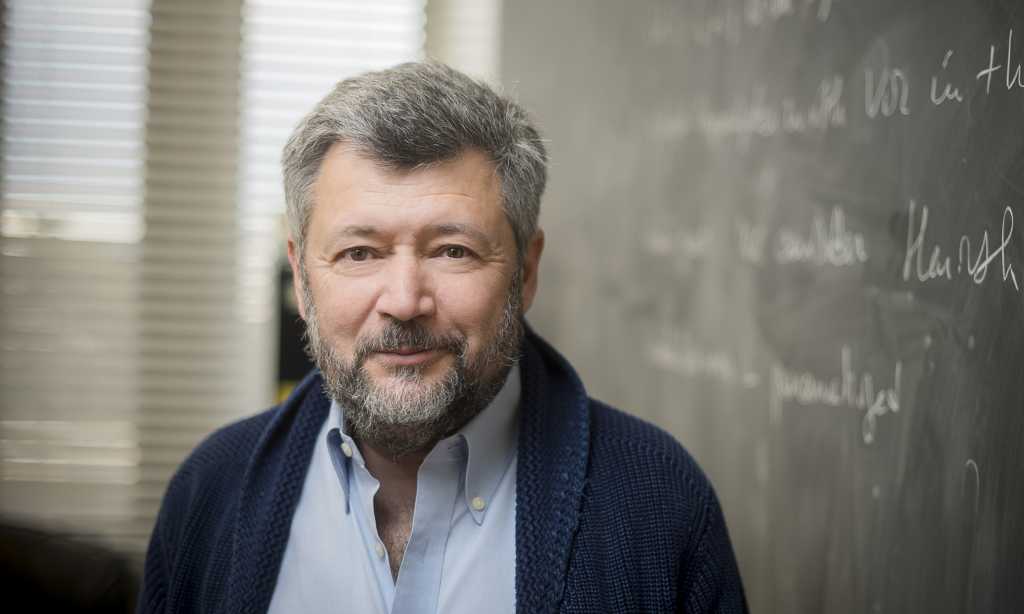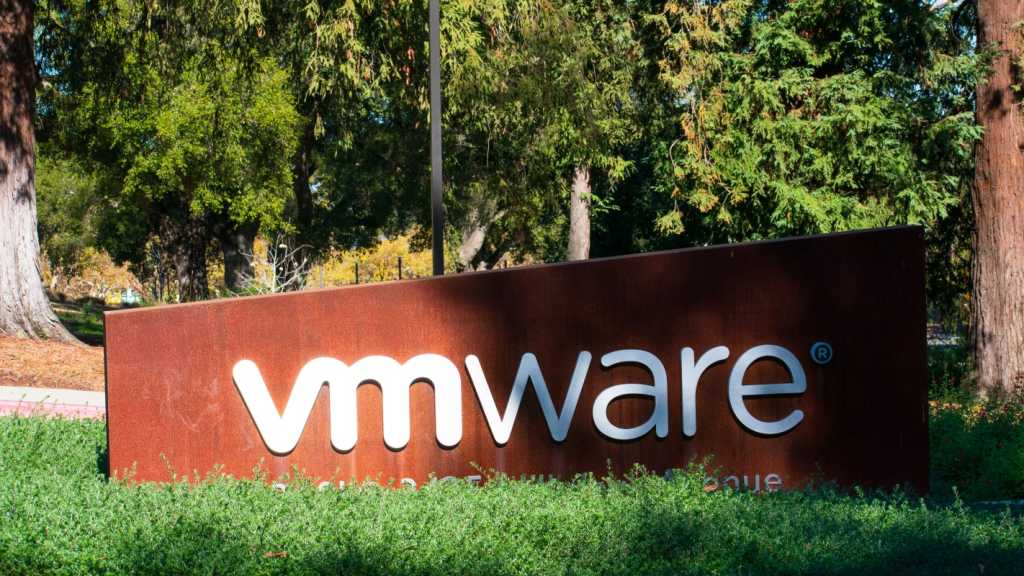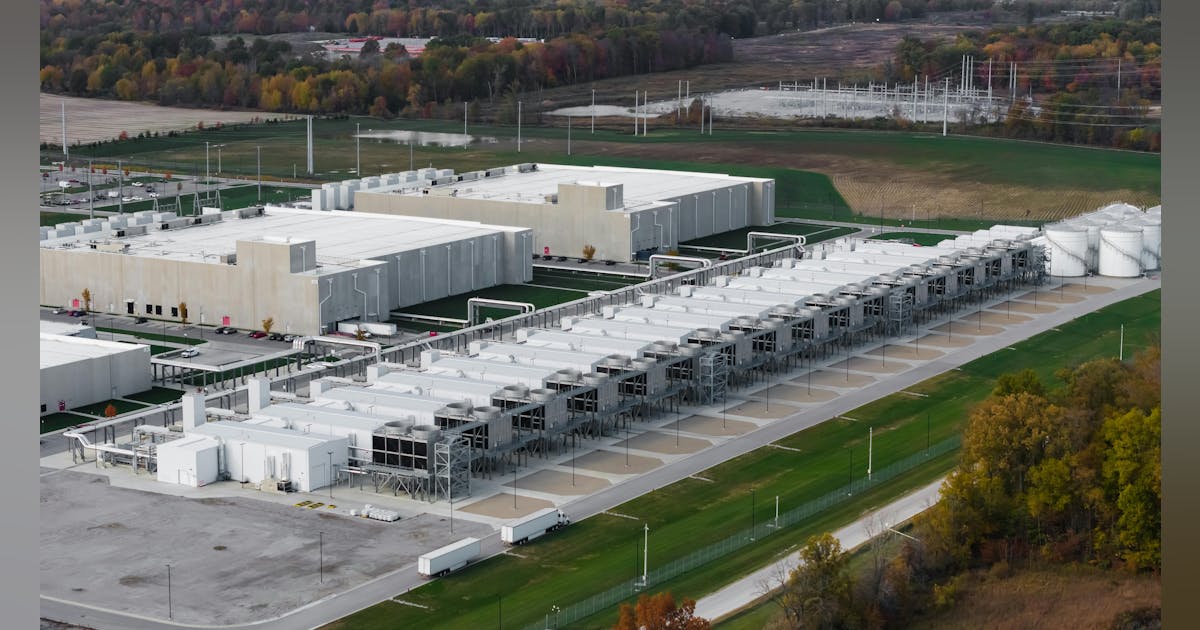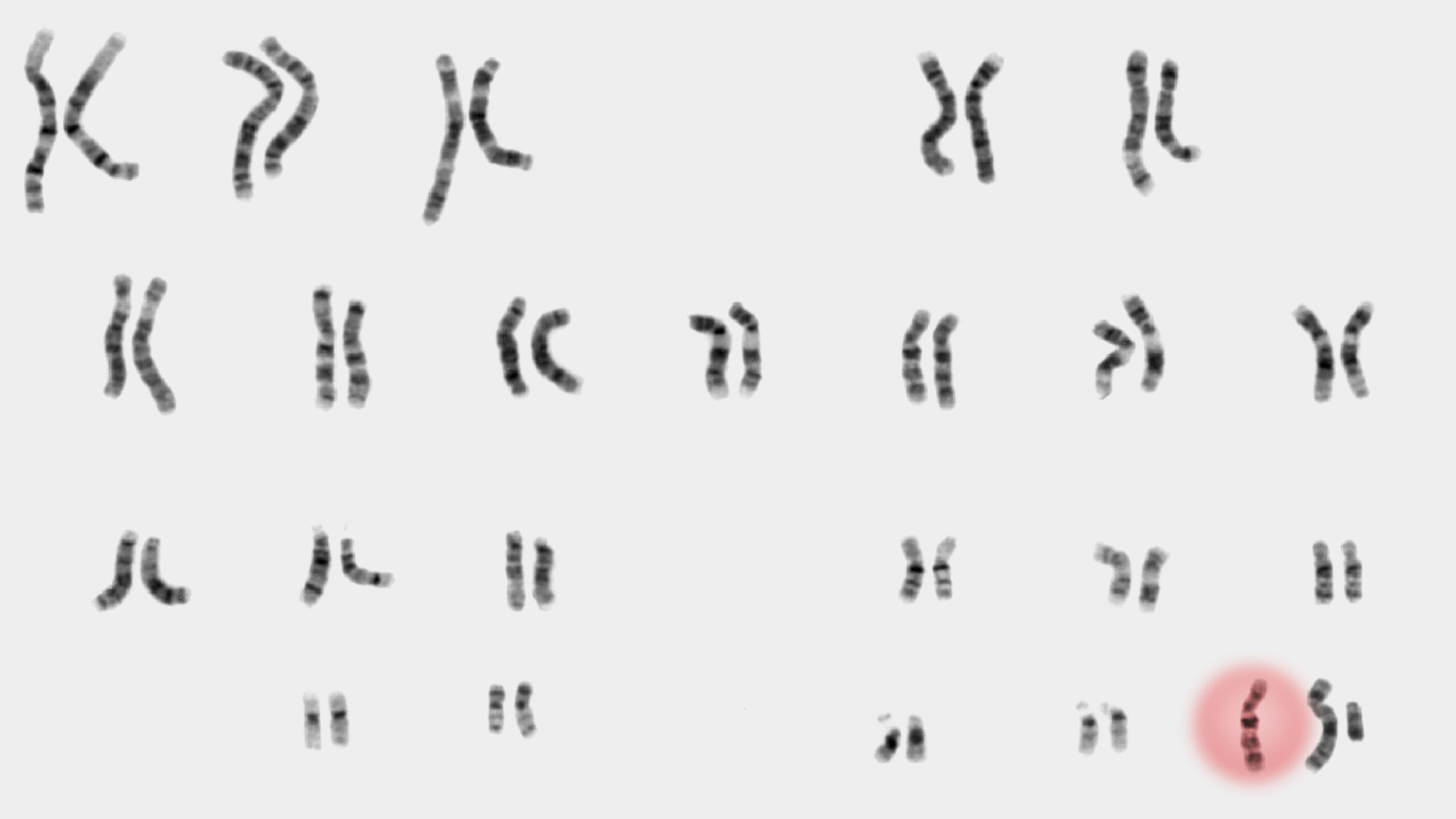
What’s more, I’m sure many of the employees of these companies have studied mathematics.
That’s right, many are former mathematicians or professionals with a mathematical background. And, with respect to those trained in computer science, well, you have to remember that, at the beginning, computer scientists were part of the mathematics department and then separated. In fact, it is very difficult to draw a dividing line between the two disciplines.
Moreover, mathematics has always been at the basis of technological progress: it has been and is key in aerodynamics, important for designing airplanes, also, of course, in the arms race… But the two big fields where mathematics will be key until the end of this century are artificial intelligence, in particular deep learning – algorithms that, by the way, mathematics still does not adequately understand – and cybersecurity.
The world has gone digital and the risks have increased: there are more and more malicious actors paying cybercriminals for financial gain; there are also states behind many cyber attacks. It is a never-ending race in which some people develop ever more secure ways to protect information while others create ways to break them. A dynamic that will keep mathematicians and cybersecurity people busy for many, many years to come.
The history of cybersecurity is incredible. I would say that it actually started almost 200 years ago, when a young Frenchman, a strange guy who died at just 20 years old and without any formal mathematical training, completely revolutionized this discipline [he refers to Evariste Galois, precursor of the foundations of modern algebra, key to particle physics and communications and who died in a duel].
For about 200 years, his creation was a nice toy, very important in fundamental mathematics, but absolutely useless outside of it. Then, in the 1970s, when satellites began to be sent to outer space and communications increased – communications that had to be protected – it became clear that the old methods did not work, so mathematicians devised a solution based entirely on the work of this young man. In fact, today, the largest employer of algebra and number theory specialists in the world is the U.S. National Security Agency. China does not publish these figures, but I imagine that, in its case, the data will be similar, perhaps even higher.























